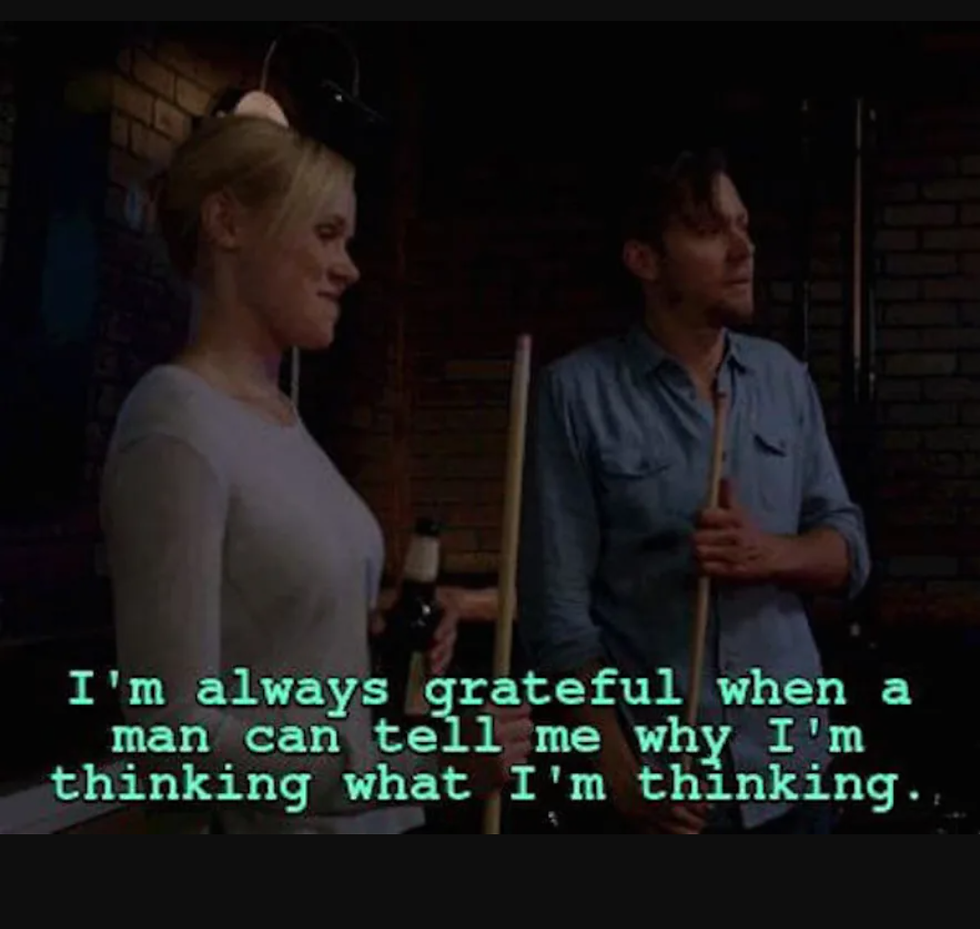Overcoming High Horse syndrome + Immunity Bias / AKA relax everyone! It's okay we are all an assw****
- Caitlin Black
- Jul 17, 2024
- 3 min read
Conscious or unconscious values echo through daily behaviors and actions every day for better or for worse. Microaggressions slip through the nicks and crannies of our behaviors and slyly operate as unconscious and discriminatory values. They are the wolf in sheep’s clothing as they can easily be disguised as harmless jokes, passive-aggressive comments or backhanded compliments. Most of us have been guilty of engaging in microaggressions at some point. Its no surprise - we can’t expect to come out unscathed by a culture that sustains systems of inequity. We aren’t immune to internalizing messages from our society but alot of us are too afraid to admit it. The dominant class' fragility obstructs possibilities for social change and improved social relationships. To be more specific dominant class fragility refers to circumstances in which people refuse to acknowledge their participation in dominant or supremacist systems of power. This invites complacency and prevents us from addressing the responsibility to activate important change within ourselves that can allow us to overcome cognitive dissonance, take responsibility for the harm we are capable of causing and earn authentic respect from others and for ourselves.
A few misogynistic examples of microaggressions are provided below. These speak to the tiniest tip of the iceberg, and expanding our awareness to include more intersectional perspectives is crucial, necessitating ongoing community intersectional collaboration and participation. The microaggressions mentioned are described with examples - if you have experienced any of these feel free to share the value of your lived experience in the comments! If you are working on overcoming these please (for the love of god :)) also share!!
The Devils Advocate Conversationalist
devil’s advocates aren’t interested in actively listening or even learning from another person. Instead, they take the opportunity to pivot out of someone's interest and are committed to competing to prove themselves more credible or engage in a debate.


Jacob Andrews https://www.facebook.com/forlackofabettercomic)
The Karen Phenomena
Refers to a viral meme about a woman’s name that took off from a man griping about his ex-wife. The “Karen” meme has no consistent representation. Sometimes she is a racist white woman, an entitled elderly woman providing unsolicited advice. Other times she might bougey, basic, or styling a “Karen” haircut. “Karen” can just be understood as a burdensome, inappropriate and annoying woman who harasses and nags others. Most importantly she is oblivious to others and intolerant of learning from young people who “get it.”

Slut shaming
A sexual double standard when ethically comparing men’s sexual self-expression to women's conditional or limited range of sexual expression. Examples can include shaming women for things as simple as being pretty, wearing clothes they feel good in, not having a boyfriend, having male friends, being confident, and talking about loving themselves which is interpreted as challenging values about modesty.
Slut shaming can be as obvious as literally pointing a finger at another woman and calling her a slut or it can look like blaming a rape survivor for “inviting” assault based on how she dressed. It can also include instances of girls being sent home for “distracting” boys based on their appearance and the way that they have dressed.


Internalized Misogyny
Women who have internalized misogyny throughout their development as a result of observing role models enforcing unhealthy discriminatory views about other women. This can be evident when women minimize or mistrust the value of other women in their life, and/or demonstrate a gender bias that favors men. Some examples include:
“ I’m not like most girls”
Women judging other women for choosing to not have children
Women who support abortion bans
Women who don’t support women leaders and politicians because women are too “emotionally volatile.”
Treating attractive women in a condescending way, or implying that they’re dumb

Mansplaining
refers to a scenario in which a man talks condescendingly to a woman about something he has very little/if any lived experience or knowledge of while assuming false expertise to someone who is often competent and even more fluent in the topic of discussion. Some examples include:
Men assuming higher authority about women's bodily rights
Men assuming authority about women’s pain thresholds during menstrual periods, child birth or throughout menopause ex. “ Birthing contractions aren’t actually painful.”
Unfair accusations of women's behavior as hormonal, hysterical, exaggerated, or excessive


Mom shaming + shaming women who don’t want children
If you are a stay-at-home mother you are perceived as lazy or unprogressive. If you work, you can be accused of neglecting your children. If you choose to be single and childless, you get called anti-male, anti-family and anti-child.


Written by Caitlin Black



Comments